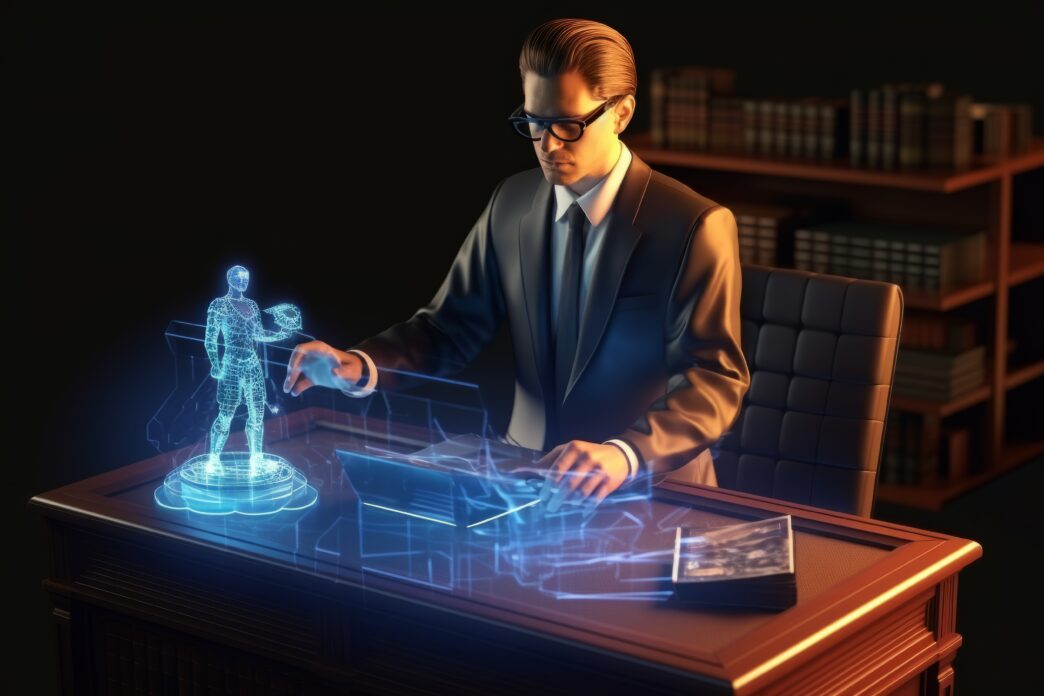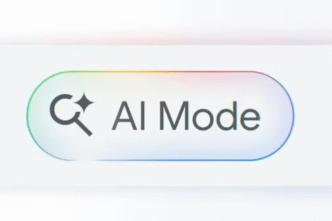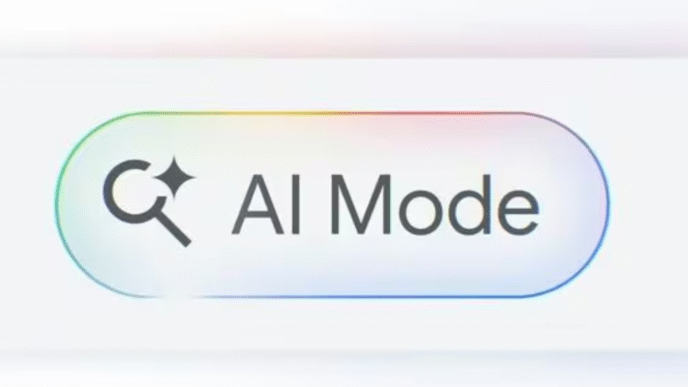Artificial intelligence (AI) is transforming nearly every industry, and the legal field is no exception. With the rise of AI-powered legal assistants capable of drafting contracts, analyzing case law, and even predicting legal outcomes, many are asking: will AI eventually replace human lawyers in the USA? Let’s explore how AI is being used in law, its benefits, limitations, and whether attorneys should be worried or excited.
The Rise of AI in the Legal Industry
AI tools like DoNotPay, ROSS Intelligence, and Casetext are already being used by firms across the United States. These platforms use natural language processing and machine learning to scan legal documents, conduct research, and automate repetitive tasks. For example, DoNotPay brands itself as “the world’s first robot lawyer,” helping users contest parking tickets, draft refund requests, or cancel subscriptions without needing to consult a traditional attorney.
What AI Legal Assistants Can Do
AI legal assistants are great at handling data-heavy and repetitive tasks. They can quickly scan thousands of legal documents, identify relevant cases, draft basic contracts, and check for compliance issues. These tools significantly reduce the time lawyers spend on research, billing, and document review. In areas like corporate law or immigration, where many procedures are standardized, AI can provide quick and affordable solutions to clients.
Benefits of AI in Law
AI in law offers several advantages:
- Increased Efficiency: Tasks that took hours can now be completed in minutes.
- Lower Costs: Clients can save on legal fees, making law more accessible.
- Consistency: AI reduces human error and ensures procedures are followed accurately.
- Better Access to Justice: People who can’t afford lawyers can use AI platforms for basic legal needs.
The Limits of AI Legal Assistants
Despite these advances, AI legal assistants are not ready to replace human lawyers entirely. AI struggles with nuance, empathy, and complex legal reasoning. It cannot represent clients in court, provide emotional support, or offer tailored legal advice in complicated situations. Additionally, legal ethics and confidentiality standards present challenges that AI is not fully equipped to handle yet.
Will AI Replace Lawyers in the USA?
Rather than replacing lawyers, AI is more likely to augment their work. Think of AI as a powerful assistant—freeing lawyers from mundane tasks so they can focus on strategy, negotiation, and courtroom advocacy. It will likely reduce the need for junior-level legal jobs or paralegals, but it will also create new opportunities for tech-savvy legal professionals who can work alongside AI.
The Future of Law: Human + AI
The future of the legal profession in the USA will be shaped by collaboration between humans and machines. Law firms that adopt AI will gain a competitive edge, while those resisting change may fall behind. Legal education is also adapting, with some law schools now offering courses on legal technology and AI.
Conclusion
AI legal assistants are here to stay, and they’re already making waves in the U.S. legal system. But instead of fearing replacement, lawyers should see AI as a tool to improve efficiency, lower costs, and expand access to justice. The human touch empathy, ethics, and judgment remains irreplaceable. For now, at least, AI won’t take over your law firm but it might just be your next best hire.













